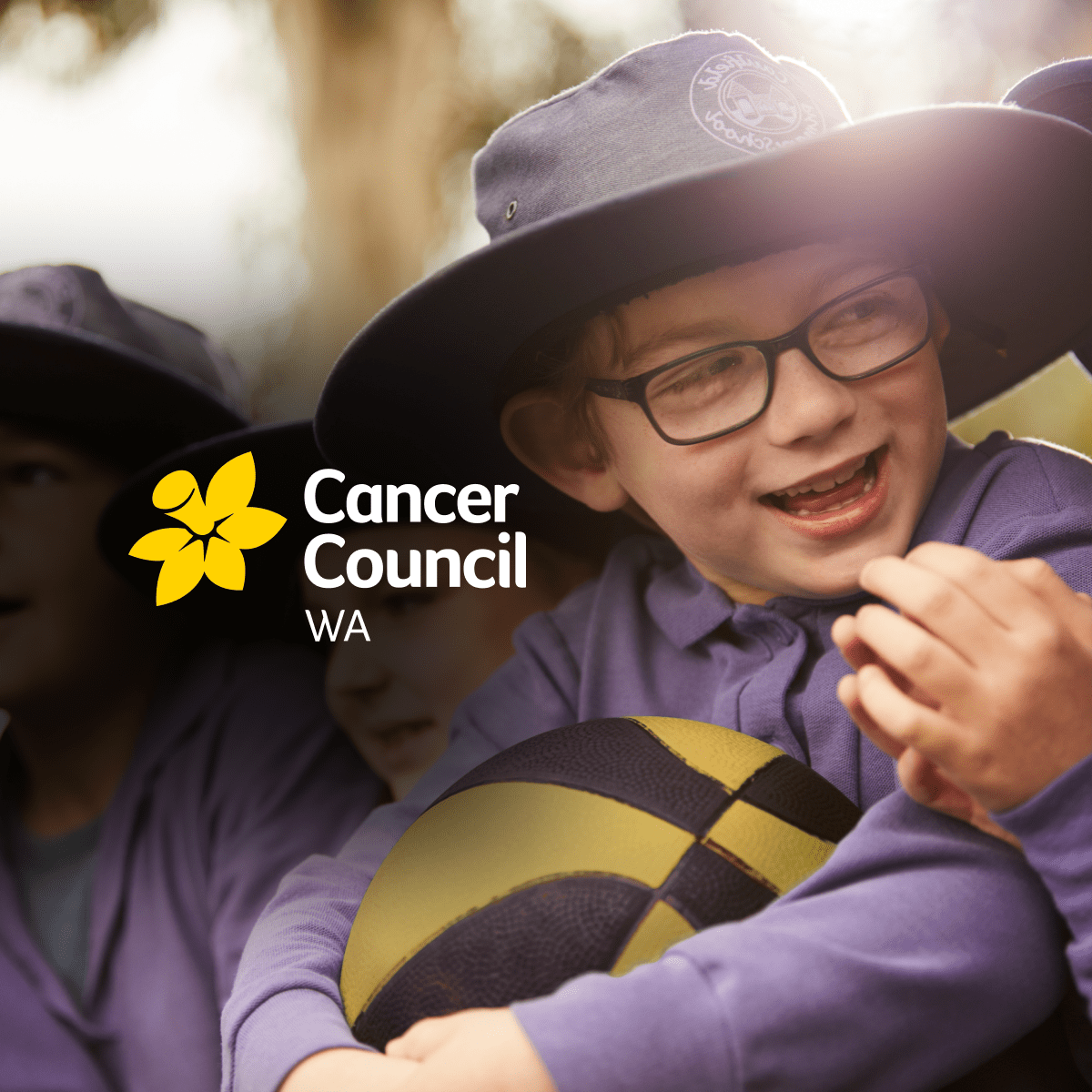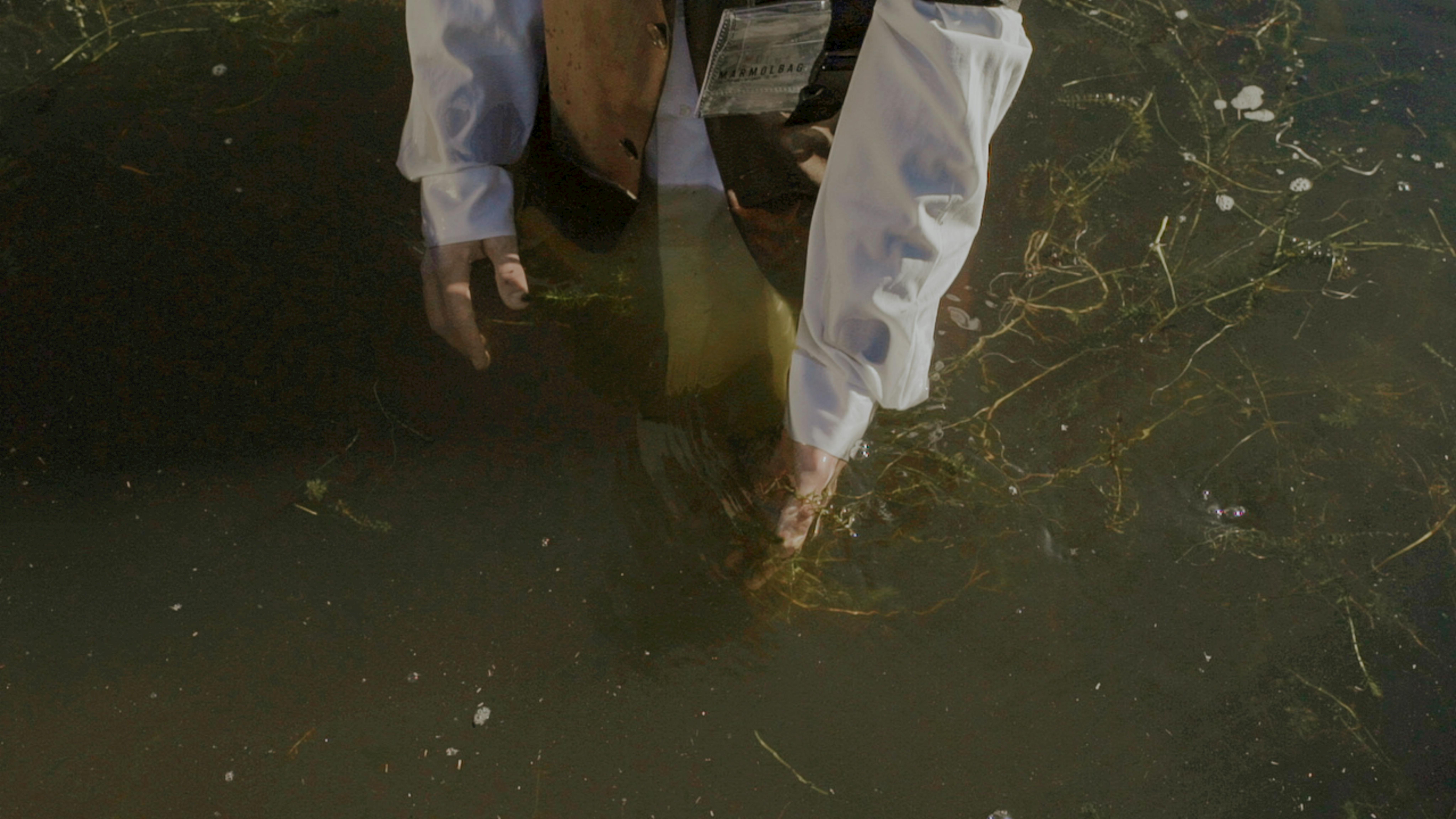The Royal Australian College of GPs (RACGP) is calling on government to help GPs and practice teams help more people with alcohol and other drug issues, including opioid drugs.
It comes following the release of the National Drug Strategy Household Survey 2022-2023.
RACGP Alcohol and Other Drug spokesperson and Sydney GP, Dr Hester Wilson, welcomed the release of the survey results and called for greater support for GPs saving lives at risk.
“We must ensure all people can get the help and support they need for alcohol and other drug issues, including from their GP,” she said.
“Non-medical use of pain-relievers and opioids, such as codeine or oxycodone, declined from 2.7% in 2019 to 2.2% in 2022-23. This is very welcome, so let’s harness this momentum to drive down harmful non-medical opioid use even further.
“Following last year’s Budget, the College applauded the Federal Government’s decision to add lifesaving opioid dependence treatment medicines, such as methadone and buprenorphine, to the Pharmaceutical Benefits Scheme, saving patients valuable dollars. However, these changes will have unintended consequences for a small group of vulnerable patients experiencing additional challenges such as homelessness for whom the new access arrangements will be unnecessarily onerous.
“Late last year, the Government heeded our calls and delayed the implementation of these changes until 30 June this year. We are continuing to engage productively with the Department of Health and Aged Care to ensure we can find a long-term solution that allows direct access to medicines, including long-acting buprenorphine. These treatments save lives, so let’s ensure GPs aren’t held back in helping patients at risk.
“On the illicit drug front, the survey finds that cocaine use is much higher in Australia compared to other countries, and ketamine use increased meaning that in 2022-2023 around 300,000 people had used the substance in the previous 12 months. These are harmful drugs, and I encourage all GPs to be proactive and initiate discussions with patients about these substances. Some people may not be aware they are putting themselves at extreme risk.”
The RACGP spokesperson said that alcohol remains a stubborn problem and must be a priority for government and GPs and practice teams.
“Alcohol is the most destructive drug in Australia,” she said.
“The proportion of people drinking alcohol above guideline recommendations has fallen slightly from 33% in 2016 to 31% in 2022-2023, but we have a long way to go. The survey also reveals that fewer males consumed alcohol at risky levels but in young women we are seeing the opposite trend, and this mirrors increases in other risky behaviours including illicit drug use.
“It is vital that GPs keep having conversations with patients about alcohol consumption and how to have a healthier relationship with this drug or leave it behind altogether, especially young women. I see a concerning number of women drinking alcohol before they are aware they are pregnant.
“The good news is that proportion of people drinking alcohol at risky levels is continuing to gradually decline over time. We are far from out of the woods yet, but I think more and more people, especially younger people, are waking up to the impact of alcohol on the health of themselves and their community. It will become more challenging for Big Alcohol to target younger demographics and glamourise booze, increasingly people are viewing this drug as the new cigarettes. Their eyes are wide open.”
Dr Wilson said that Australia must fight complacency on nicotine use.
“There is no ‘safe’ or relatively ‘risk-free’ level of smoking, or vaping. Full stop,” she said.
“The survey reveals that between 2019 and 2022-2023, the national tobacco smoking rate has dropped from 11% to 8.3%, which is positive news. However, use of electronic cigarettes and nicotine vaping products has increased substantially. The survey was conducted prior to recent regulations coming into effect, so there is hope we can arrest this trend.
“For anyone, particularly young people, considering taking up vaping my message is straightforward – don’t start, because you may well have a lot of difficulty stopping. I’m seeing young people in my practice with severe nicotine dependence, and I strongly advise against taking up this habit to begin with. It is not a safe alternative, and we don’t fully know the long-term health consequences of vaping. If you’re vaping and finding it hard to stop, there are good treatments available and your GP can help you.”
Last year, the RACGP urged the nation’s leaders to view alcohol and other drug use through a health lens and end the pointless “war against drugs” mentality. The College’s GP medication education team also published an article in the Australian Journal of General Practice outlining how GPs can help patients from all walks of life experiencing alcohol and other drug-related issues.
~








